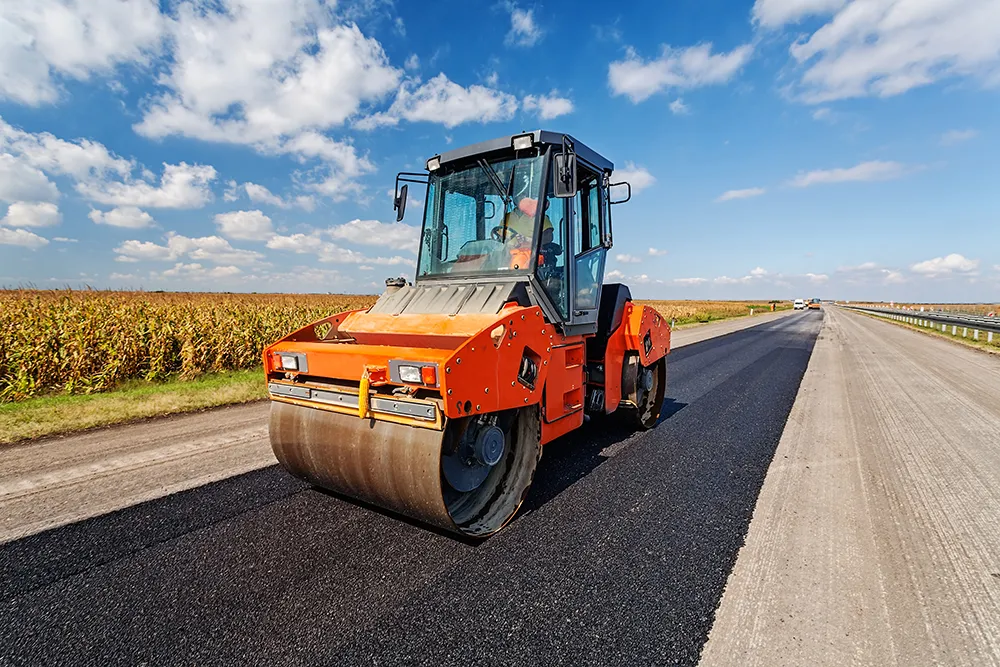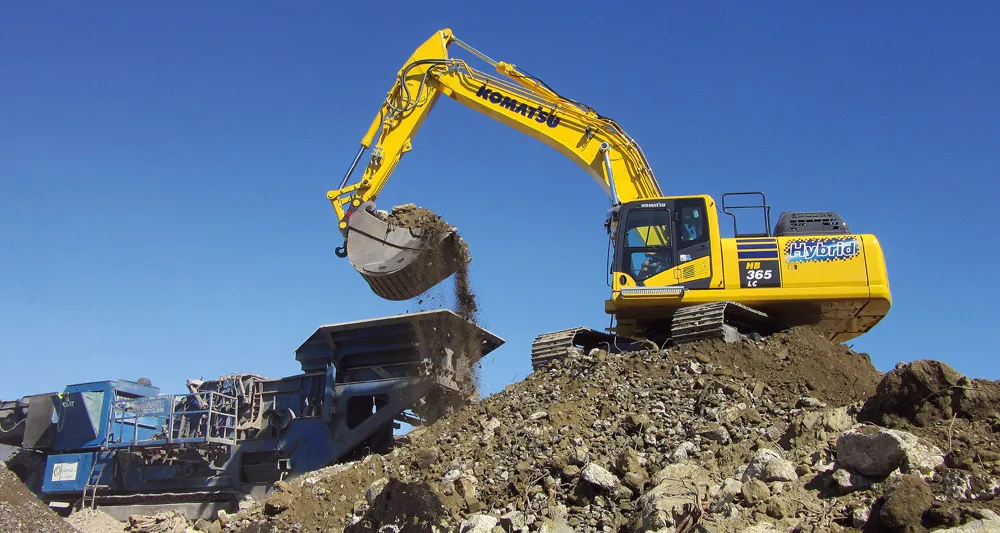
In the quest to provide infrastructure solutions that predict and provide for our growing economy and population, we as an industry continue to develop incremental solutions to maximise efficiency and profitability. This is the factory model of the first and second industrial revolutions, which includes a tendency to externalise the steep costs of social and environmental harm to our communities and regulators. By design, we are not responsible.
The highly extractive take-make-dispose approach is so ingrained in our ways of working that the cumulative effect of a historic fixation on energy and carbon intensive building materials has brought our mutual responsibility into sharp focus.
For the road building industry, true innovation will mean root-level changes that challenge and disrupt business as usual for the greater good. There is a growing pressure to introduce society-wide benefits that take into account living responsibly within planetary boundaries, and in better balance with our natural world.
Everyone is comfortable with the system of road building and with the companies that deliver the best possible performance using conventional bitumen and OPC binders. There have been advances that cleverly add elements, emulsions, and extenders, all to enhance the final result using all sorts of developmental chemistry, but one big question has been overlooked in this process: the energy and carbon performance of our road infrastructure.
While demand for concrete and asphalt continues to grow, energy and carbon performance is the defining challenge for our generation of policymakers, regulators, and road builders. These essential building materials are highly energy intensive and responsible for more than 10% of greenhouse gas emissions worldwide. Construction, manufacturing and transportation infrastructure produce well in excess of one-third of global emissions.
Governments spend billions of dollars every year for the maintenance and extension of road networks. For its 4.3 million km of paved roads, the US alone spends US$150 billion every year on road construction, using more than 400 million tonnes of energy and carbon-intensive road building materials. European governments forecast spending a similar $120 billion/year until 2030. The energy and carbon performance of our road infrastructure will thus play a decisive role in shaping the success or failure of how to mitigate the issue of energy and carbon efficiency.
Is it possible to improve from incremental changes within the existing system to find a new path that reframes the problems with new opportunity? To do this, the road building industry must continue to encourage a funnel of innovators to work to complement, improve and sometimes challenge the existing system.
Organic polymer binders represent a decisive advance in material innovation by bringing natural balance and improved performance to the heart of road building. It is widely known that severe fluctuations in surface temperatures accelerate rutting and cracking, with heat and water damage from extreme weather causing premature end-of-life events to our road infrastructure, capital investments, and social stability.
Using naturally abundant resources for polymer development, along with local waste resources including plastics and recyclables as aggregate, it is possible to address these issues by allowing more extensive use of local minimally processed, repurposed and recyclable materials. A new organic polymer binder has been developed that allows storage, transport and application at ambient temperature while removing heat from the existing process which will potentially save billions of dollars in fuel cost alone.
The road construction sector wants to make things better and is in the business of delivering on performance. What industry must prepare for is sustainability becoming a demanded and expected key performance indicator.
A focus on sustainability at the 18th IRF World Meeting & Exhibition
Global commitments to reduce carbon emissions have placed greater societal expectations on road builders to design sustainable transportation networks and mobility services. Join leading advocates, researchers and practitioners at the 18th IRF World Meeting to identify successful strategies and cost-effective solutions:
- Game-changing Trends in Road Construction
- Towards Energy Efficient Pavements
- Deploying ITS for Climate Impact Mitigation
- Infrastructure Pathways to Electric Mobility








